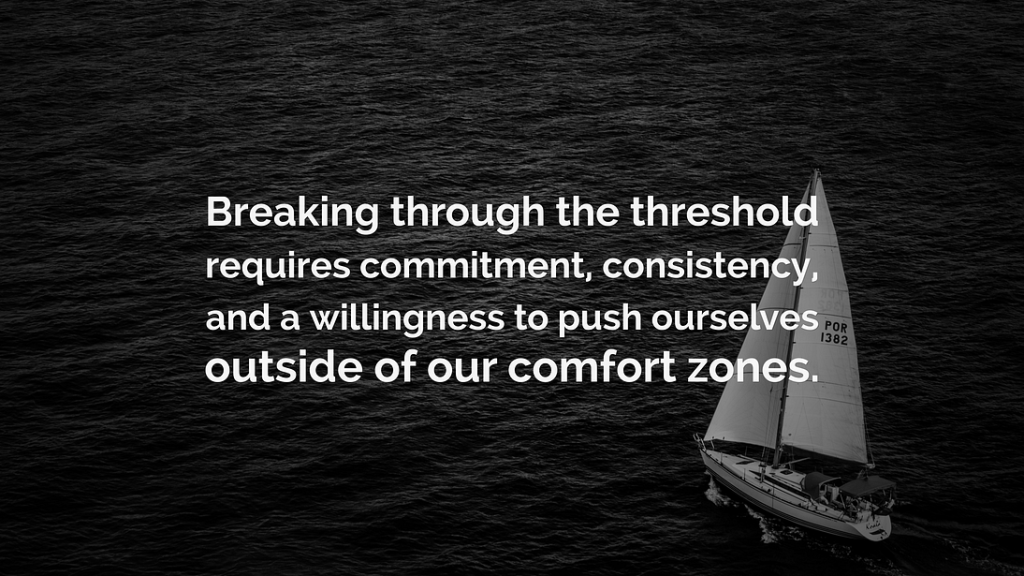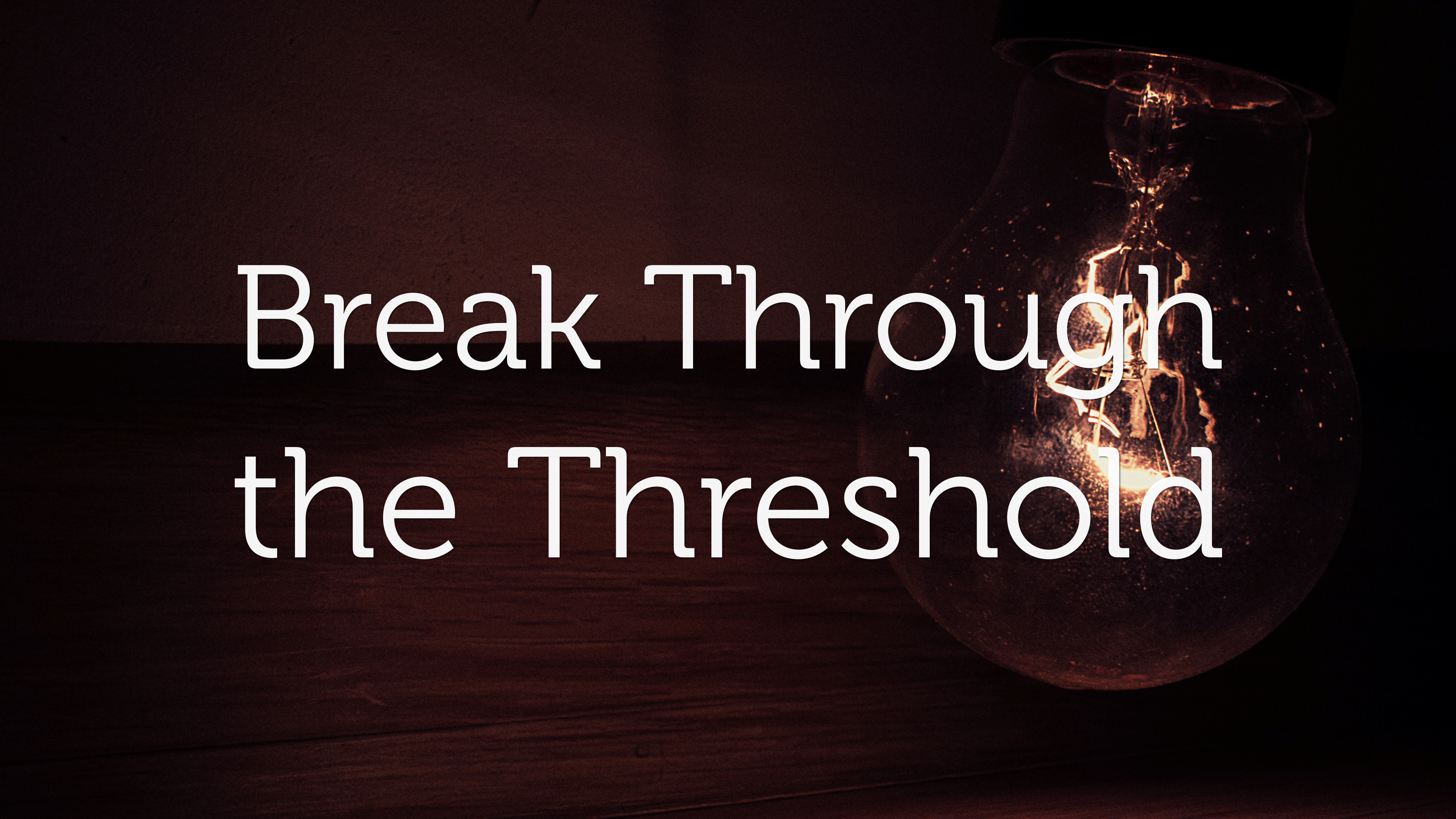Ever feel stuck, like no matter what you do, you’re not making progress? Whether it’s in your career, fitness, or personal goals, growth often feels frustratingly slow. The answer might lie in an unexpected place—transistor theory.
In electronics, a transistor requires a minimum threshold voltage to turn on and allow current to flow. Similarly, in life, breaking through personal limits requires crossing key thresholds. Too little effort? No progress. Too much? Burnout. The key is balance. Let’s explore how these principles apply to personal growth and performance.
1. Breaking the Threshold: The Power of Taking Action
Just as a transistor won’t function unless it gets enough voltage, you won’t see growth unless you push past a minimum effort threshold.
- Example: Starting a fitness journey? The first few workouts will be the hardest, but once you push through, momentum kicks in.
- Strategy: Commit to small, consistent actions. If you want to write a book, don’t wait for motivation—start with 200 words daily.
Key takeaway: The hardest part is the beginning. Push through resistance, and growth will follow.
2. Avoiding Saturation: Don’t Get Stuck on a Plateau
In electronics, saturation happens when a transistor reaches its limit and can’t amplify further. In life, it’s when you hit a plateau—doing the same things but not improving.
- Example: You go to the gym regularly but stop seeing results. Your body has adapted.
- Strategy: Change things up! Learn a new skill, challenge yourself, or seek fresh perspectives.
Key takeaway: Growth happens when you adapt and challenge yourself, not when you stay in your comfort zone.
3. Finding the Right Balance: Effort vs. Burnout
Too much voltage can burn out a transistor, just like overworking can lead to burnout. Success requires a balance between effort and recovery.
- Example: A startup founder who works 16-hour days may burn out before achieving success. A well-rested entrepreneur, however, is more effective.
- Strategy: Set clear priorities, take breaks, and learn to say no. Prioritize self-care, just as an athlete prioritizes rest to build strength.
Key takeaway: Working harder isn’t always better—working smarter is. Balance effort with recovery to sustain long-term success.

Final Thoughts: Apply These Lessons to Your Life
Growth isn’t about endless effort—it’s about knowing when to push, when to pivot, and when to pause.
Your Action Plan:
- Identify one area where you need to break the threshold and commit to action.
- Find an area where you’re stagnating and introduce a new challenge.
- Assess your balance—are you pushing too hard or not enough? Adjust accordingly.
The key to sustained growth is intelligent effort—pushing when needed, adapting when stuck, and resting when necessary. So, where will you break through next?
